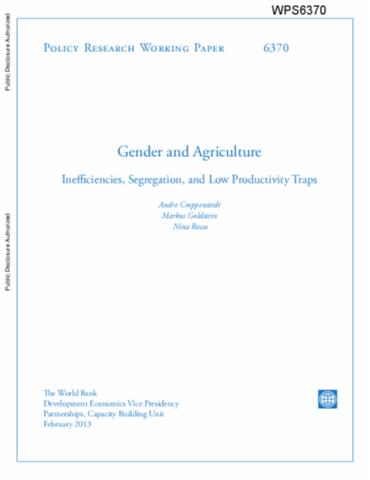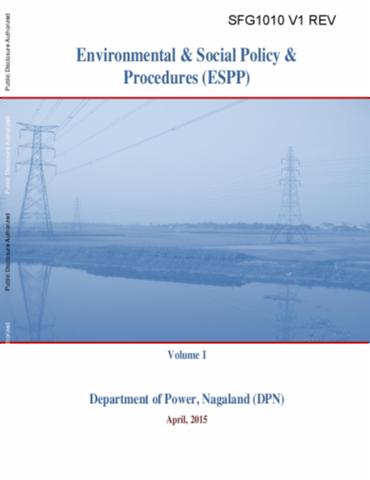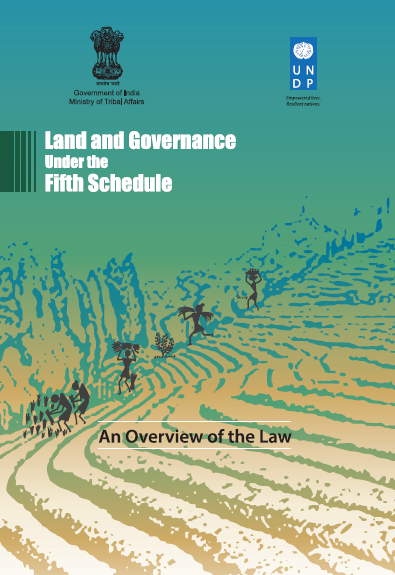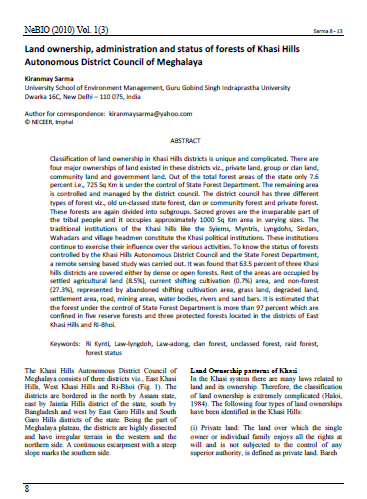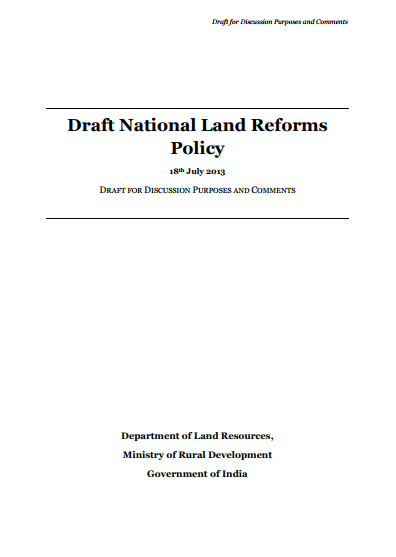Housing Market and Labor Mobility
Labor mobility is determined by a whole set of different factors, but housing market is clearly one of the most important ones. Individuals do not make employment decisions without taking into account options of housing market. Economy constantly changes and diverse opportunities arise in different locations at different points of time. Badly functioning housing market can cause low labor mobility and restrain the ability of employers to match vacancies in specific locations. The issue of labor mobility is especially vital for developing countries.


